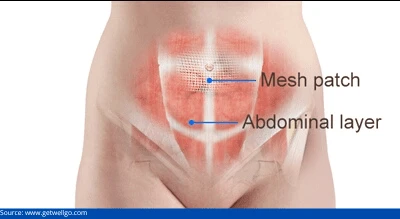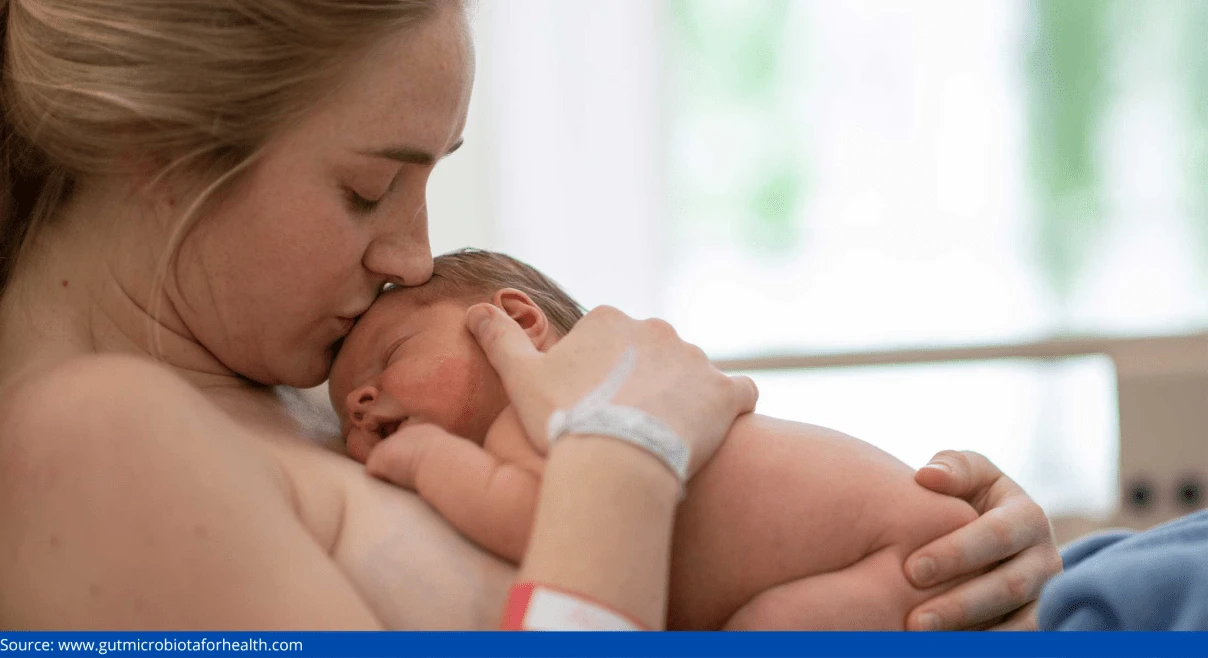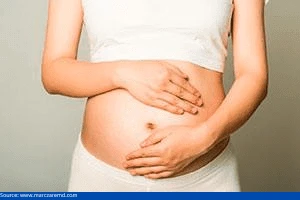Your body undergoes numerous changes not just during pregnancy but also post-delivery. Most of these changes subside with time, and your body will return to normal. On the other hand, some of the changes can persist for a while.
Dr. Harsh Sheth, an acclaimed bariatric surgeon in Mumbai, says that a bulge or protrusion in your lower abdomen is a common after-effect of childbirth. This is quite normal and will disappear with time. However, a bulge just above your belly button could indicate a postpartum hernia.
Read on to learn about postpartum hernias, the causes, symptoms, and treatment.
Is postpartum hernia a common occurrence?

Hernias are quite common, can affect anyone, and are not based on your demographics. The incidence of postpartum hernia, on the other hand, is a bit rarer.
Although not common, postpartum hernias do occur, with the following being the most prevalent:
- A ventral hernia occurs just above the belly button and in the middle of the abdomen
- An inguinal hernia develops farther down in the pubic region. It is most commonly caused by the strain on the groin area during pregnancy.
- An umbilical hernia is when part of fatty tissue or bowel pushes through an area in your belly button. The belly button is a common site for a postpartum hernia.
The highly-experienced Dr. Harsh Sheth points out that all hernias occur when some part of your insides, such as tissue, fat, or intestines, push through a tear or a weakened portion beneath your skin.
Is postpartum hernia a common occurrence?
Sometimes a few effects of pregnancy or delivery continue to impact your body, resulting in a postpartum hernia. Such as:
1. The abdominal walls expand to accommodate the baby during pregnancy, straining your stomach muscles and weakening them. The weakened muscles can even split in certain places. A bump might be caused by the interior of your abdomen pushing against the weak muscles.
2. Additionally, the belly button area is weaker and more delicate than the rest of the belly, and pressure exerted on it during pregnancy might cause an umbilical hernia.
3. If you had a C-section, then a postpartum hernia can occur along the surgery incision because it is weaker than the rest of your belly.
If you are concerned about any bump around your belly area after your pregnancy, please reach out to Dr. Harsh Sheth, one of the best bariatric surgeons in Mumbai, to rule out the chances of a pregnancy hernia.
What are the symptoms of a postpartum hernia?
Signs and symptoms of a postpartum hernia depend on the type and causes of the hernia.
General symptoms include:
- Tender skin that hurts
- A bulging belly button (little knot like appearance protruding from your belly button)
- A midline bulge or a bump right above the belly button
- Raised tissue along the C-section scar that looks and feels bumpy
A noticeable sign of these is that they worsen when you:
- laugh hard
- sneeze or cough
- lift something from the ground
- exercise
- climb stairs
- suddenly stand up
If you experience any of the symptoms, please visit Dr. Harsh Sheth, an eminent laparoscopic surgeon and hernia specialist in Mumbai.
Diagnosis
Treatment

Surgeons usually treat postpartum hernias laparoscopically, also called keyhole surgery. It involves making small incisions over the belly and operating through a telescope. A mesh is placed through this keyhole that patches everything together.
For larger hernias, suturing the muscle walls with a larger mesh may be necessary. This procedure is also possible by the laparoscopic (keyhole) method.
Exceptional care is advised during recovery. You must be very careful, do not lift anything or stretch your muscles extensively.
How can one prevent a postpartum hernia?
Hernias are difficult to avoid, especially during pregnancy. Allowing yourself time to recuperate after giving birth and avoiding pressure or strain around your belly may reduce your risk of developing a hernia.
Try to avoid a hernia by doing the following:
Do not lift anything heavier than your baby
Avoid strenuous exertion or activity
Dress comfortably and wear loose garments
Cushion your tummy with your hands when coughing or sneezing
If you feel constipated, use a stool softener or eat a fiber-rich diet to avoid straining during bowel movements. If these measures fail to cure constipation, check with your doctor about taking a laxative.
Conclusion

Hernias are very prevalent both during and after pregnancy. Hernias after childbirth can occur for a variety of causes. The majority of hernias do not heal on their own. Larger hernias may require surgery. If you have a small hernia, your doctor may advise you to wait until you decide not to have any more children to ensure that the hernia does not recur after surgery.
If you have any concerns about how your body feels, even if you think that the swelling on your belly is very tiny, do not keep it for a later time. Nothing is more important than your health, and your health is extremely important for your child.
Fix an appointment at the earliest with Dr. Harsh Sheth, a top-notch bariatric and laparoscopic surgeon in Mumbai. With over 10 years of expertise, he is among the preferred surgeons with a clientele who visit him for treatment from far and wide.

